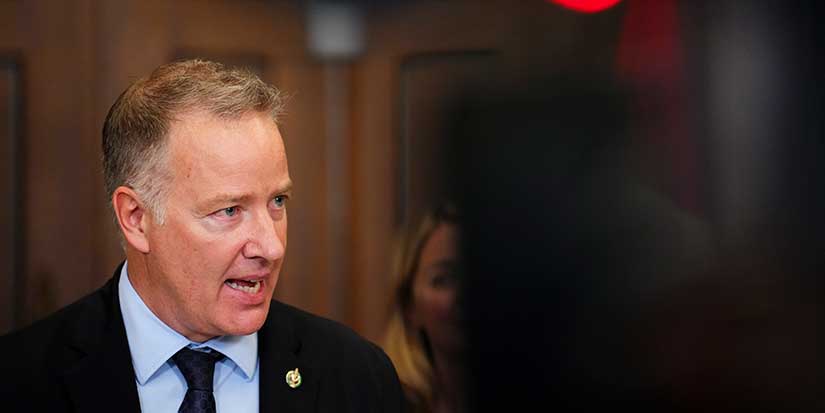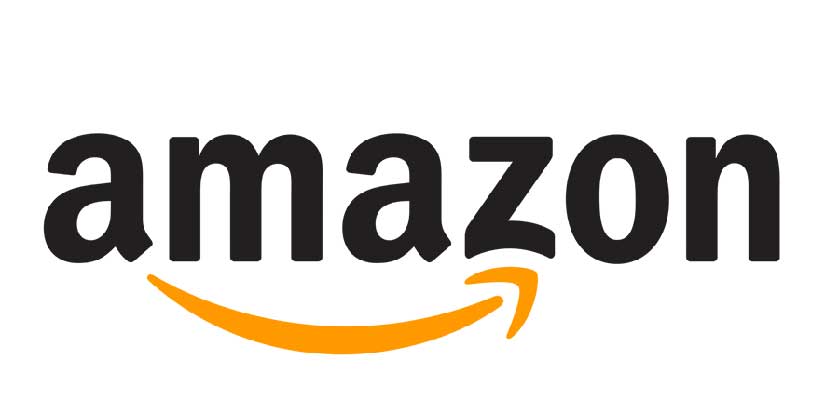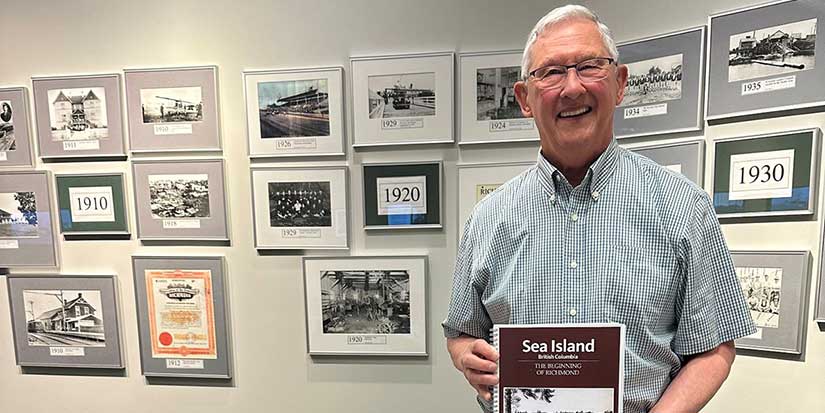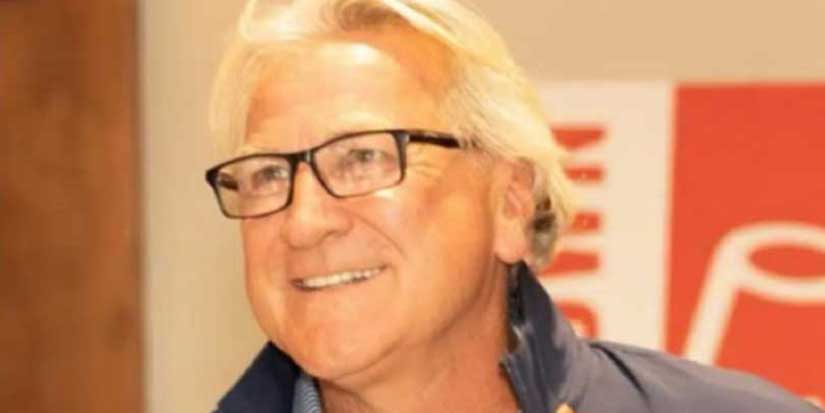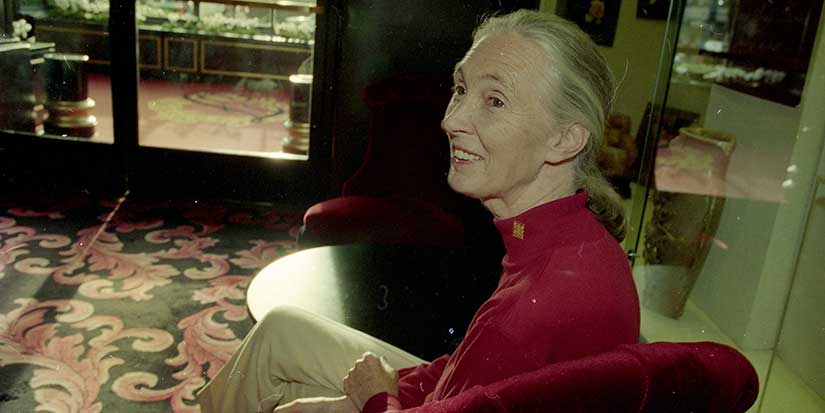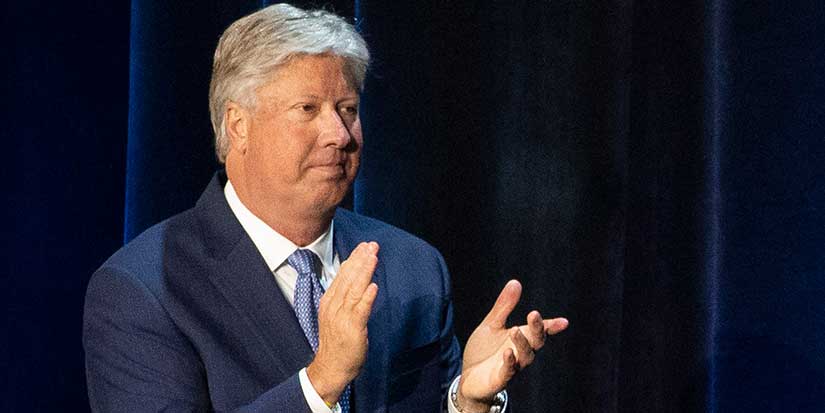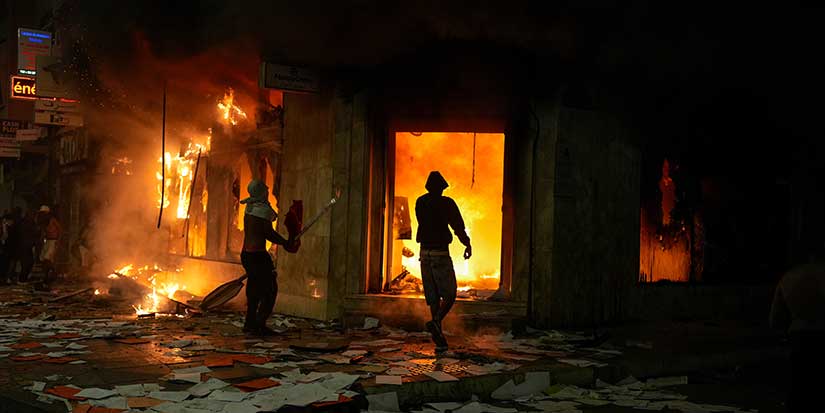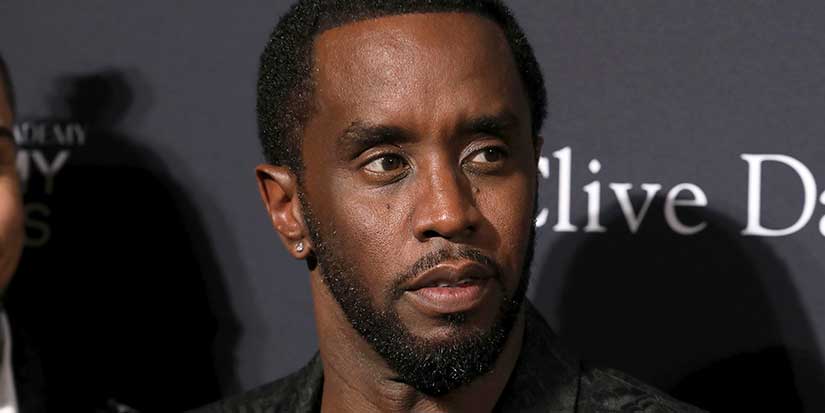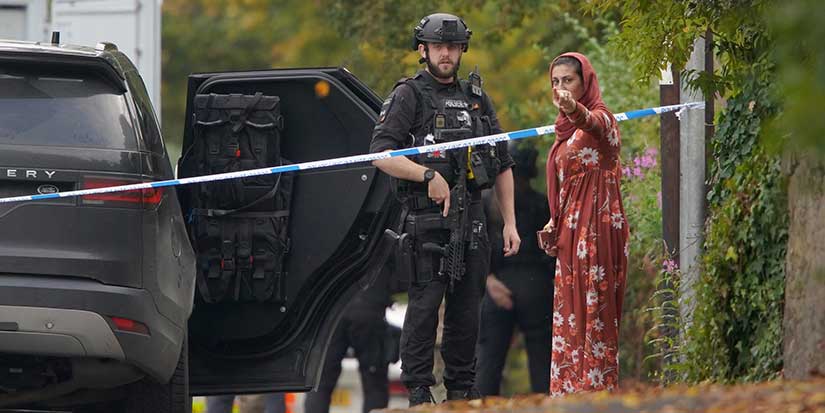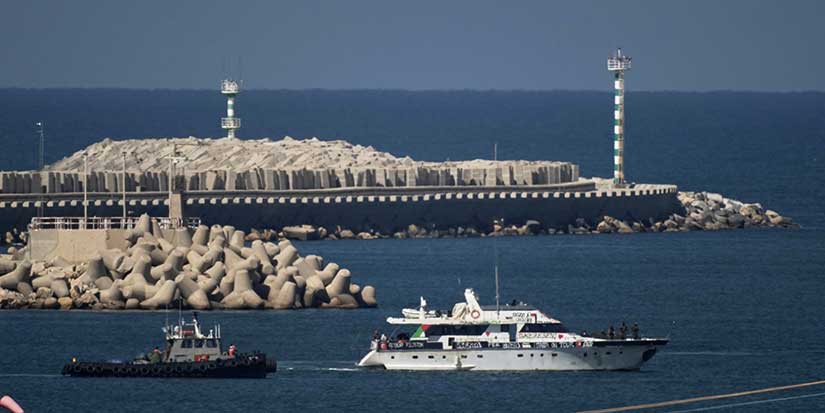National News
New defence procurement office will deliver equipment, not more bureaucracy, MP vows
Published 2:20 PDT, Thu October 2, 2025
Last Updated: 2:29 PDT, Thu October 2, 2025
—
Ottawa launched a new Defence Investment Agency on Thursday with the aim of centralizing defence procurement and purchasing equipment for the Canadian Armed Forces at a faster pace.
"We're going to deliver as quickly as we possibly can, using best practices in procurement. And if we have to take a bit of risk in doing that, we're going to take it," Secretary of State for Defence Procurement Stephen Fuhr told The Canadian Press.
"We cannot be trapped outside the technology cycle with procurement. If we deliver stuff late, then it's irrelevant and we don't want to be there, so … we're going to move at the speed of relevance."
Canada's system of defence procurement is notoriously complex and slow, and is spread out across multiple departments — a product of the peacetime focus on political risk avoidance and budget management.
The federal government's search for new fixed-wing search-and-rescue aircraft, for example, started more than a decade ago. Ottawa awarded a contract for the high-priority procurement of a fleet of CC-295 Kingfisher aircraft in 2016. The first aircraft rolled off the line in 2019 — but they only entered into service this year.
The Liberal government is appointing someone from outside the defence industry to run the office, which will be housed within Public Services and Procurement Canada.
The Prime Minister's Office said Doug Guzman, a former Royal Bank of Canada executive and former Goldman Sachs manager, will be the agency's CEO.
But Fuhr will ultimately oversee the office and be politically accountable for it.
Fuhr, a former CF-18 fighter pilot, said the new agency will centralize the process for all purchases above $100 million and will have the authority to enter into contracts without being bogged down by complex approvals processes.
He said the office will also use the risk-based contracting approach the government adopted during the pandemic.
"For low, medium and high-risk projects, we have the authority to enter into contract. We don't have to go to the Treasury Board a million times. We can just do it," he said.
The Canadian Press reached out to the office of Conservative Party's defence critic James Bezan for an interview, but did not receive a response.
In a statement sent to media, Bezan said creating "new, unnecessary bureaucracy" only "risks more red-tape delays."
Fuhr insists the new agency will not amount to another layer of bureaucracy.
"We're not adding anything. We're actually consolidating things into one spot," he said. "Fragmented oversight goes away because now you have one-stop shopping. Duplication of effort is curtailed because, again, everyone's working in one location, not spread out all over Ottawa."
The defence industry, meanwhile, is waiting to learn how all this will work in practice.
Christyn Cianfarani, the president of the Canadian Association of Defence and Security Industries, said it’s not clear what kind of targets Ottawa will set as it looks to buy more Canadian defence products, or how the new office will function within the existing procurement system.
"We would expect to see clear measurement targets for the growth of the industry," Cianfarani said.
"We would expect to see something like goals for the number of steps that would be reduced in the procurement process … so that we can make a connection between this (agency) and this ambition of the prime minister — which is effectively an ambition for growing the economy."
Prime Minister Mark Carney campaigned in the spring election on a promise to reform defence procurement, ramp up defence spending and implement "Buy Canadian" policies.
At an announcement in June, Carney said he understands that procurement funding often goes unspent by the Department of National Defence and lapses, resulting in the military running short of the equipment it needs for deployments.
He also said it's "very hard" for the military and the defence department to plan beyond the short term.
"They need to be able to do that," Carney said at the time.
Cianfarani said that if Carney wants a procurement system that's focused on buying Canadian, the process for acquiring domestic military hardware should involve as few steps as possible.
"We should be biasing the procurement system in every way to make those kind of purchases happen as fast as possible," she said.
When the office is not going to buy Canadian, she said, it should be clear with contractors about how it expects them to incorporate Canadian businesses in their supply chains.
The Liberals originally committed to standing up a new defence procurement agency in 2019, but abandoned those plans as a priority when the COVID-19 pandemic hit.
Canada has promised its NATO allies that it will spend the equivalent of two per cent of its GDP on national defence every year — spending levels not seen since the Cold War.
The government is expected to produce a new defence industrial policy in the coming months.
– Kyle Duggan, The Canadian Press
